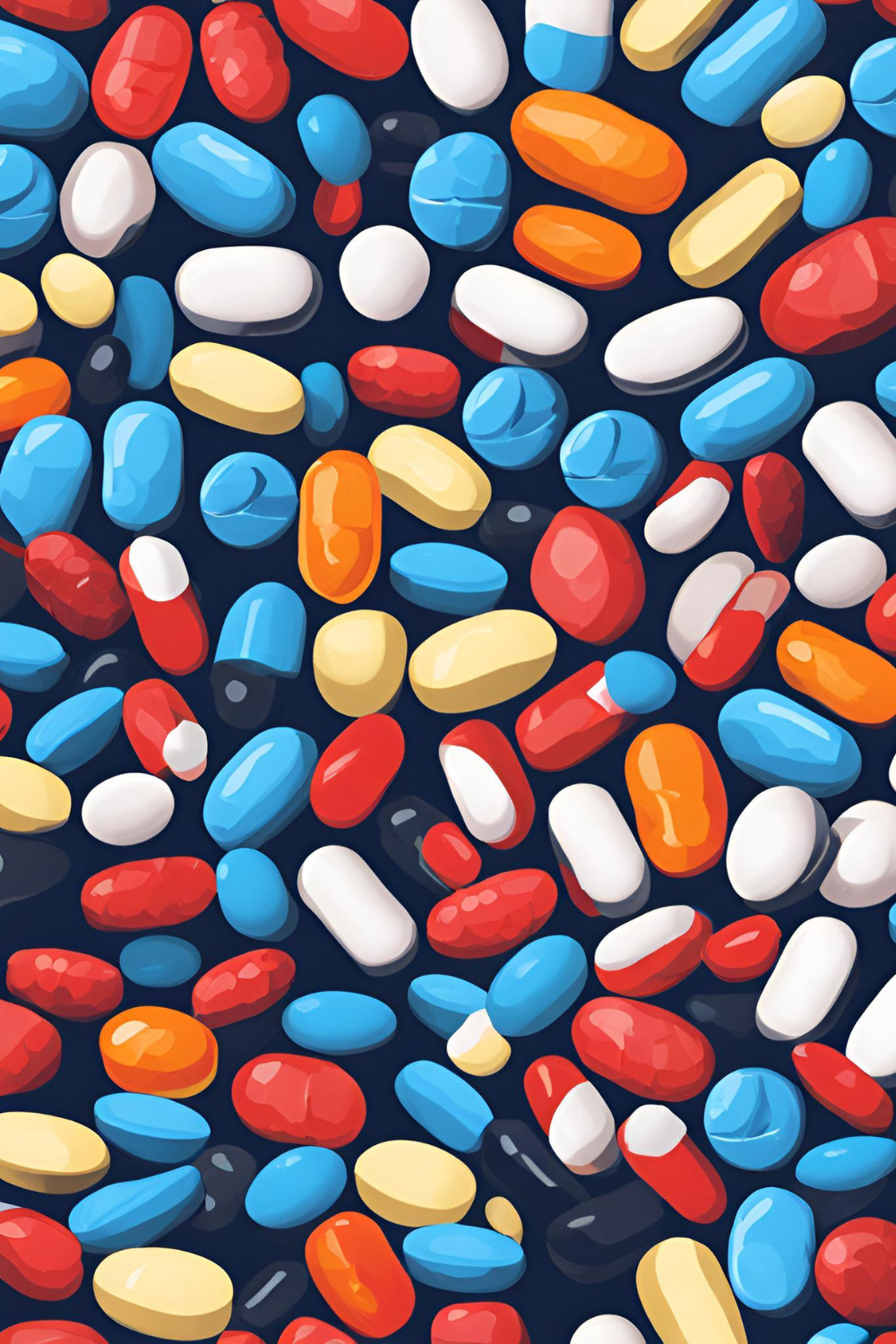Notifications
Attention Deficit Hyperactivity Disorder (ADHD) can pose significant challenges in areas like concentration, organization, and impulse control. While medication remains a prevalent treatment, many individuals explore non-pharmaceutical methods to address their symptoms effectively. This article presents a comprehensive guide to enhancing focus and productivity for individuals with ADHD, without relying on medication. For a step-by-step guide, visit How to Focus with ADHD Without Medication.

ADHD affects the brain's prefrontal cortex, which is integral to attention, planning, and self-regulation. These challenges often stem from reduced levels of dopamine and norepinephrine—neurotransmitters crucial for executive function. Understanding these underlying mechanisms provides the foundation for implementing effective alternative strategies.
Cognitive Behavioral Therapy (CBT) is a goal-oriented psychotherapy proven to alleviate ADHD symptoms. This therapeutic approach helps individuals restructure thought patterns, enhance self-awareness, and develop actionable strategies for managing focus and organization.
Supporting Evidence: Research highlights that CBT improves focus and coping mechanisms, making it an effective alternative to medication. Studies, such as the Efficacy of Cognitive Behavioral Therapy, affirm its impact on attention regulation.
Practical Application: Collaborate with trained therapists to identify personal triggers and implement customized behavioral interventions.
Regular physical activity is a natural way to enhance focus by increasing dopamine, norepinephrine, and serotonin levels. These neurochemicals are vital for improving attention and reducing hyperactivity.
Effective Exercises:
Engage in 30–40 minutes of aerobic activities such as running, swimming, or cycling.
Incorporate mind-body exercises like yoga and Tai Chi for additional stress relief.
Pro Tip: Pair exercise with routine mindfulness practices to maximize focus and emotional balance.
Mindfulness practices cultivate the ability to resist distractions and maintain presence. Meditation techniques, in particular, have shown promise in fostering self-regulation and attention control among individuals with ADHD.
Actionable Steps:
Use guided meditation apps like Calm or Headspace.
Practice deep breathing exercises during moments of stress or distraction.
Scientific Insight: Studies reveal that regular mindfulness practice enhances brain plasticity, leading to improved focus and impulse control.
A consistent daily structure provides clarity and minimizes distractions, offering a stable framework for productivity. For individuals with ADHD, well-designed routines are transformative.
Building a Routine:
Utilize planners or digital tools to map out tasks.
Set realistic goals with specific timeframes.
Break large tasks into smaller, manageable steps.
Digital Support: Tools like Google Calendar or productivity apps can streamline routine management.
Individuals with ADHD are particularly sensitive to external stimuli, making it essential to create a controlled and focused environment.
Strategies for a Distraction-Free Zone:
Choose quiet workspaces or invest in noise-canceling headphones.
Use website blockers and disable unnecessary notifications.
Bonus Tip: Declutter your workspace to reduce visual distractions and promote a sense of order.
A balanced diet plays a crucial role in managing ADHD symptoms. Nutritional choices can directly impact neurotransmitter production and overall brain health.
Dietary Guidelines:
Consume foods rich in omega-3 fatty acids, such as fatty fish, flaxseeds, and walnuts.
Incorporate lean proteins, whole grains, and fresh vegetables.
Avoid processed foods and sugar-laden snacks, which can exacerbate hyperactivity and energy crashes.
Additional Insight: Research underscores the role of omega-3s in enhancing focus and reducing impulsivity in individuals with ADHD.
Advances in technology offer innovative tools tailored for ADHD challenges. Apps for organization and time management simplify task prioritization and improve efficiency.
Top Tools:
Todoist: Streamlines task organization with reminders and priorities.
Forest: Promotes focus by gamifying uninterrupted work sessions.
How to Use: Identify your key challenges and select apps that address specific needs, such as task tracking or deadline management.
Poor sleep quality exacerbates ADHD symptoms, impairing focus and cognitive function. Establishing consistent sleep habits can significantly improve overall well-being.
Sleep Strategies:
Adhere to a regular sleep schedule, even on weekends.
Avoid electronic screens at least one hour before bedtime.
Use white noise machines or calming music to create a restful atmosphere.
Pro Tip: Incorporate bedtime relaxation techniques like reading or light stretching.
Engaging with supportive communities fosters a sense of belonging and empowerment. Peer groups provide practical advice and emotional validation for navigating daily ADHD challenges.
Where to Start:
Join online ADHD forums or in-person support groups.
Seek mentorship or coaching from individuals with lived experience managing ADHD.
Benefits: Sharing experiences and solutions can boost confidence and motivation.
Living with ADHD often involves setbacks, but cultivating self-compassion is crucial for maintaining motivation. Acknowledge your efforts and celebrate progress, no matter how small.
Practice Tips:
Keep a journal to track accomplishments and reflect on growth.
Reframe mistakes as learning opportunities rather than failures.
Long-Term Impact: A compassionate mindset builds resilience and fosters a positive outlook on personal development.
Can ADHD symptoms be managed effectively without medication?
Yes, behavioral strategies, therapeutic interventions, and lifestyle changes can significantly mitigate ADHD symptoms.
What role does CBT play in managing ADHD?
CBT equips individuals with tools to identify and challenge unhelpful thought patterns, improving focus and organizational skills.
Is physical exercise beneficial for ADHD?
Absolutely. Exercise enhances neurotransmitter activity, which helps improve attention and regulate hyperactivity.
How does diet influence ADHD symptoms?
A nutrient-rich diet supports optimal brain function, stabilizes energy levels, and improves focus.
Are mindfulness practices effective for individuals with ADHD?
Yes, mindfulness fosters self-awareness, reduces impulsivity, and enhances attention regulation.
Can digital tools support ADHD management?
Yes, apps tailored for organization and productivity can be highly effective in managing ADHD-related challenges.
Managing ADHD without medication is not only possible but also highly rewarding. Through a combination of therapeutic approaches, lifestyle adjustments, and supportive tools, individuals with ADHD can enhance their focus and productivity while leading fulfilling lives. For a detailed, step-by-step approach, visit How to Focus with ADHD Without Medication.